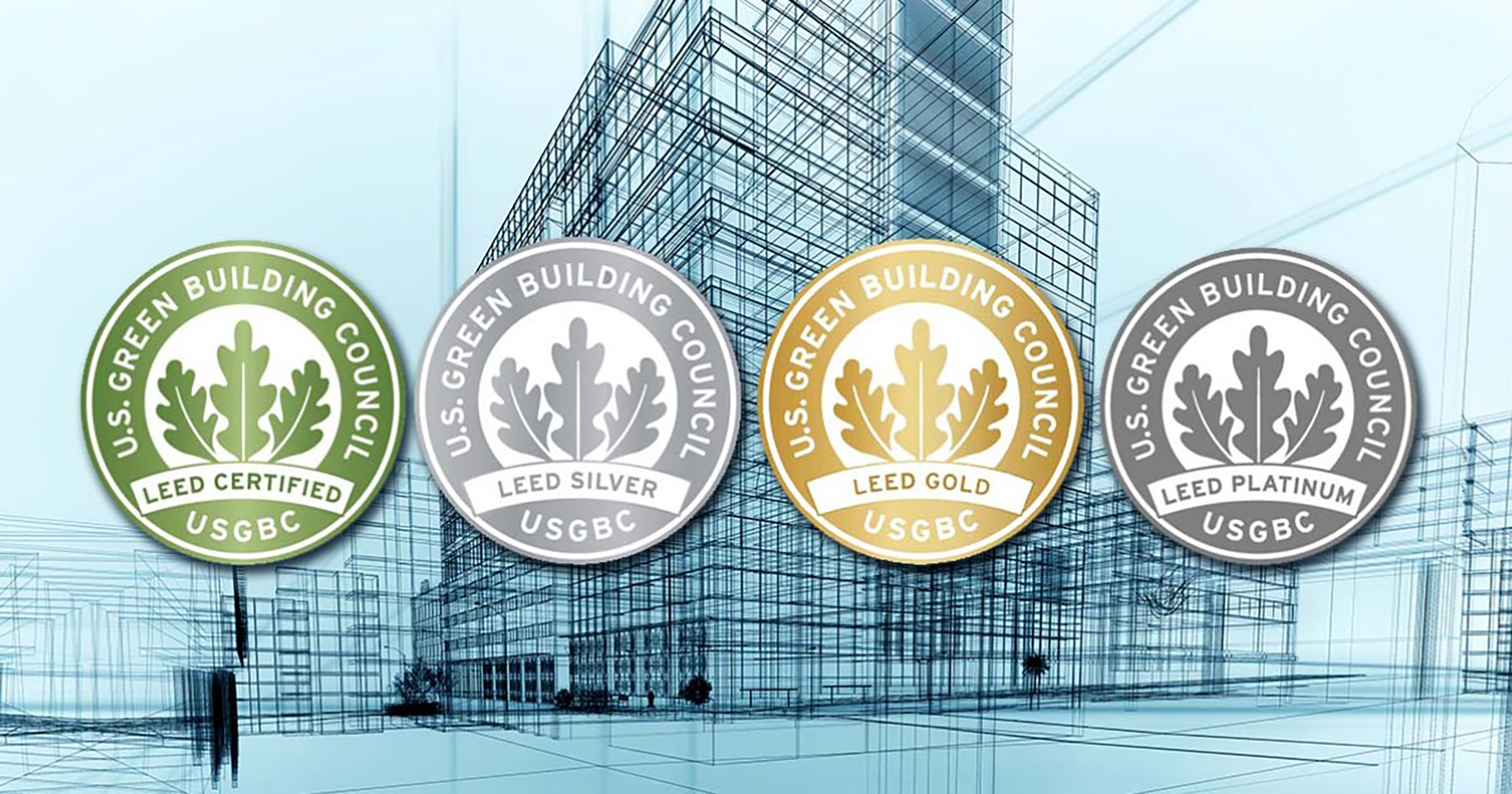California’s 2023 policy year: Building decarbonization and climate action
Co-Author(s): Maria Balzer-Pisciotta, U.S. Green Building Council
SB 48—Building Energy Savings Act
California’s SB 48 primarily focuses on developing building performance standards aimed at enhancing energy efficiency and reducing GHG emissions in commercial buildings larger than 50,000 square feet. This legislation intends to enact subsequent laws that create performance standards for these buildings, emphasizing the reduction of emissions and improvements in energy efficiency. It aligns with California’s broader goals of reducing its carbon footprint and fostering a sustainable built environment.
SB 416—State agency building and renovation projects and LEED certification
SB 416 mandates LEED Gold certification for all new building projects and major renovation projects larger than 10,000 gross square feet that are undertaken by California state agencies. The bill aims to ensure that these state agency projects adhere to ambitious standards of energy efficiency and environmental sustainability as defined by the LEED Gold certification. This legislative action ties in with previous achievements by the state to promote sustainable building practices.
Notably, Executive Order B-18-12, issued by Gov. Edmund G. Brown Jr. in 2012, already established a precedent for sustainable state building practices, requiring new or significantly renovated state buildings and build-to-suit leases larger than 10,000 square feet to obtain a minimum of LEED Silver certification. SB 416 builds upon this foundation by raising the bar to LEED Gold, thereby reinforcing California’s efforts to promote sustainable building practices and reduce environmental impacts in state-funded construction and renovation projects.
SB 253—Climate Corporate Data Accountability Act
This act introduces a new layer of transparency and accountability for corporations. SB 253 mandates that companies doing business in California with annual revenues over $1 billion publicly disclose their GHG emissions. This includes scope 1, 2 and 3 emissions, with scope 1 and 2 reporting starting in 2026 and scope 3 in 2027. The law requires these disclosures to be consistent with Greenhouse Gas Protocol standards and to be verified through third-party assurance, with noncompliance resulting in penalties of up to $50,000 per year.
CALGreen updates
In 2023, CALGreen implemented mandatory measures for reducing embodied carbon emissions in large nonresidential and school building projects, effective beginning July 1, 2024. These updates also significantly increased electric vehicle (EV) charging requirements for new multifamily buildings, mandating 40% of parking spaces to have low-power level two EV charging receptacles. These updates are part of California’s efforts to enhance environmental sustainability and reduce GHG emissions in building construction and operation.
In summary, California continues to set ambitious standards, steering the nation toward a more sustainable and environmentally conscious future. These initiatives not only exemplify California’s commitment to green building and climate action, but also serve as a blueprint for other states and regions globally.
https://www.usgbc.org/articles/californias-2023-policy-year-building-decarbonization-and-climate-action



